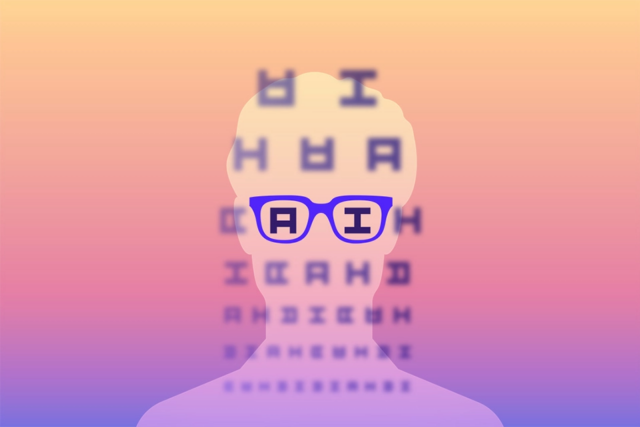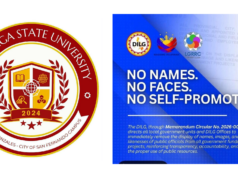Microsoft and LinkedIn to Unveil 2025 Work Trend Index
Microsoft and LinkedIn to Reveal AI’s Growing Impact on Work in 2025
What’s Next for AI in the Workplace? Microsoft and LinkedIn to Release 2025 Work Trend Index
Manila, Philippines – April 4, 2025 – Microsoft and LinkedIn are preparing to launch the 2025 Work Trend Index, offering fresh insights into how artificial intelligence (AI) is reshaping the workplace. Building on the key findings of the 2024 report, this year’s study will provide a deeper look into AI adoption trends, workforce transformations, and the evolving role of leadership—particularly in the Philippine market.
Looking Back: Key Takeaways from the 2024 Work Trend Index
The 2024 Work Trend Index highlighted that employees are embracing AI at work faster than companies can keep up, with 86% of knowledge workers using AI—double the rate from six months ago. However, while 79% of leaders see AI as essential for competitiveness, 55% admit their organization lacks a clear implementation strategy. This gap has led to the rise of “Bring Your Own AI” (BYOAI), with 83% of Filipino AI users bringing their own tools to work, raising concerns about security and compliance. Meanwhile, employees are leveraging AI to manage workloads, with Copilot summarizing over 200 years’ worth of meetings this year alone. Yet, without leadership guidance, 52% of employees hesitate to admit AI use in critical tasks, fearing it may make them look replaceable.
AI is also reshaping career dynamics, with 70% of Filipino leaders stating they wouldn’t hire someone without AI skills. There has been a 142x increase in LinkedIn members adding AI skills to their profiles, particularly in creative roles like marketing and design. AI “power users” are emerging – employees who experiment extensively and save over 30 minutes daily with AI. In the Philippines, 86% of them use AI to start and end their day, yet they receive less AI training than their global counterparts. Organizations that invest in AI adoption, leadership advocacy, and tailored training are empowering these power users to reshape business processes and drive workplace transformation.
What to Expect in the 2025 Work Trend Index
The upcoming report is expected to highlight key trends shaping the future of work, including:
1. AI as a Workplace Enabler – Filipino professionals are leveraging AI to automate repetitive tasks, boost creativity, and improve efficiency. The 2025 report will showcase how early adopters are driving best practices, influencing broader workplace transformation.
2. Leadership and AI Strategy – While 79% of global leaders recognize AI’s importance, many are still refining their strategies for responsible adoption. The 2025 findings will explore how Filipino business leaders are structuring AI governance, fostering AI-driven cultures, and measuring AI’s real-world impact on productivity and innovation.
3. Upskilling for the AI Economy – As AI continues to evolve, so do job roles. The 2024 report underscored the need for continuous learning, and the upcoming index will provide insights into AI-powered job creation, skill gaps, and how businesses can bridge them through structured learning initiatives.
Microsoft and LinkedIn’s Commitment to the Philippine Workforce
Microsoft and LinkedIn are dedicated to empowering Filipino professionals through AI literacy programs, workforce upskilling initiatives, and access to cutting-edge AI tools. These efforts aim to equip businesses and employees with the knowledge and skills needed to thrive in an AI-powered economy.
Peter Maquera, CEO of Microsoft Philippines, emphasized the importance of AI adoption, stating:
“The Philippines has immense potential to lead in digital innovation. By embracing AI and investing in workforce upskilling, we can position the country as a global hub for AI-driven industries. At Microsoft, we are committed to supporting businesses and professionals in navigating this transformation and unlocking new opportunities in the AI era.”
The 2025 Work Trend Index is set for release on April 23, and Philippine-specific data would be available on April 24. Stay tuned for the latest insights shaping the future of work in the Philippines and beyond.





